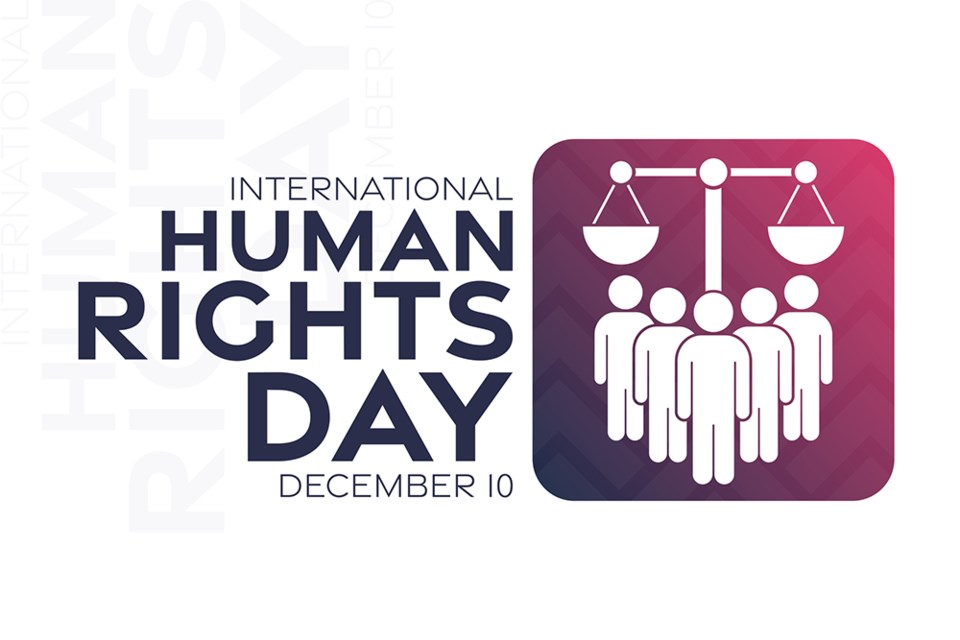Until December 10 (International Human Rights Day), there is a 16-day campaign underway, which started November 25, to end violence against women. In Canada, on December 6, we also remembered the tragic events of the 1989 École Polytechnique massacre.
Women and children are disproportionately bearing the brunt of the conflict in Israel and Gaza, and the United Nations states that more than five women or girls are killed every hour by someone in their own family. These facts, among many others, can be overwhelming and leave us feeling scared and helpless.
It is important to talk about, so we don’t feel alone in our experiences, and to know what we can do to end violence against women and children. It helps us feel empowered, knowing how we can make a difference.
As a counsellor, I see women holding onto shame, that what happened to them was somehow their fault, or that they could have done more to stop what happened. For this I talk about survival instincts and how our bodies will decide if it is safest to fight or run, or to freeze or shutdown. That our “not doing anything” (if that were the case) is our body making the smartest decision it can to keep us safe.
The messaging also needs to stop that women invite abuse, that if they dressed differently, or acted differently these things wouldn’t happen. This is not true and we need to hold the people accountable for the violence they commit. So what can we do?
Educate yourself
Know the issue, know the signs and be very careful how you support a friend or family member if you are concerned for their safety. It is the most dangerous time for a woman when she attempts to leave an abusive relationship. Ensure she is connected with the right supports, and that she has a safety plan in place before she decides to leave.
Talk about it
Violence is not okay; we need to stop normalizing the behaviour. Let the world know that you don’t support violence and harassment.
Challenge toxic masculinity
Reflect on your own gender beliefs and biases, and support men and boys in knowing that sensitivity, empathy, vulnerability and emotional expression are healthy for everyone and do not make them weak.
Ask for better services, and stronger laws, things only improve if we ask for the change we want. Know your local resources and support organizations that support women.
In our community we have qathet SAFE, which runs two separate registered Canadian charitable organizations: Powell River & Region Transition House Society, which runs Grace House and offers programs such as: men choose respect, stopping the violence counselling, stopping the violence outreach and the PEACE (Prevention, Education, Advocacy, Counselling, Empowerment) program; and Powell River Community Services Association, which runs Police-Based Victim Services, Specialized Victim Support Services and Poverty Law Advocacy.
The province offers the Crime Victim Assistance Program, which offers support and funding for medical care, counselling and other support measures to those affected by violence and crimes (not just women’s violence).
This article is focused on violence against women and children, however, it is important to say that other minority groups are also at increased risk of violence. If you are a victim of violence, reach out to someone you trust, the police, or qathet SAFE for support. Talking to a counsellor can also be helpful.
Sheena Lee is a clinical counsellor in the qathet region.
Join the Peak's email list for the top headlines right in your inbox Monday to Friday.



